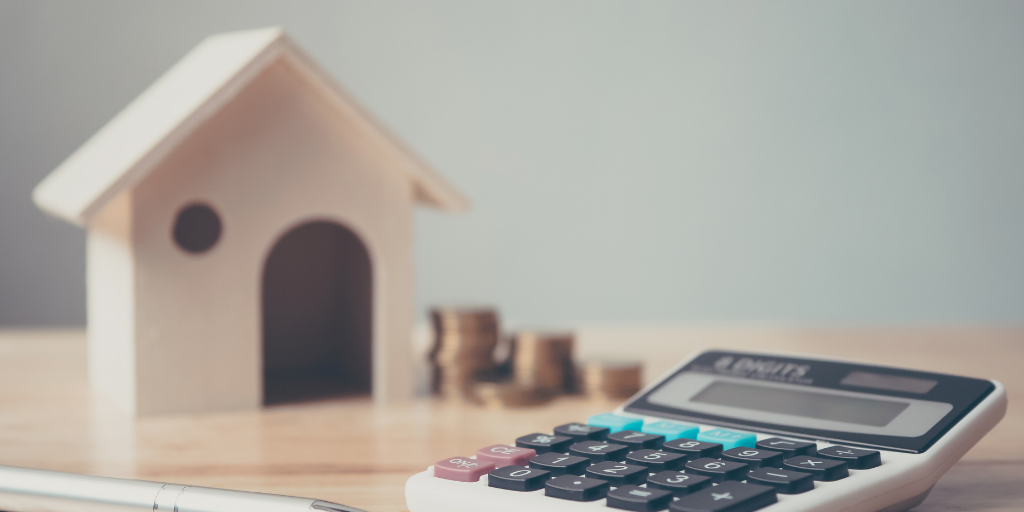While a large number of property transactions does not result in you having to pay Capital Gains Tax, it is important to consider how it would affect your sale if you surpass the residence exclusion threshold. Here’s what you need to know.
What is Capital Gains Tax?
CGT (Capital Gains Tax) is a form of income tax. It occurs when you benefit from the sale of something you own (an asset). The tax is based on the profit you make, not the price you paid for it.
Individuals, trusts, and businesses are all subject to CGT, which must be paid to the South African Revenue Service (SARS). If you are a tax resident of South Africa, you are liable for CGT on properties both within and outside the region. Non-residents in South Africa are usually only responsible for CGT on immovable land.
How much is the tax rate?
CGT is not a flat rate in South Africa. A part of your capital gain is added to your other revenue for the tax year, and you are taxed according to your income class (your combined earnings for that tax year are taxed). Depending on the tax bracket, the CGT rate will vary from 7.2 percent to 18 percent.
Working out your capital gain
Take the original purchase price of your asset, add any upgrades or capital expenditures, and subtract that amount from the sale price to calculate your capital gain (after deducting selling costs). Your capital gain will be determined depending on the final value.
For example, if you paid R100,000 for a property and then spent R50,000 on renovations before selling it for R200,000, your capital gain would be R50,000.
Selling costs
Any costs that you would pay in order to sell the property are considered selling costs. Electrical repairs to receive electrical clearance or particular modifications needed by the Purchaser are examples of these. When calculating the capital gain, add this percentage to the initial purchase price.
Selling your primary residence
Your primary residence is the location where you live for the majority of the year, whether alone or with your family.
Because of the primary residence exclusion, most citizens would not be subject to CGT on their primary residence. This means that only if the property you’re selling has been your primary residence from the time you bought it to the time you sell it is the first R2 million capital gain or loss tax-free. If the property was not your primary residence for the entire time, you can seek advice and assistance from a tax professional on how to sell your property while remaining tax compliant and calculating the correct tax due.
When do you need to pay CGT?
You will need to pay CGT when you receive your income tax assessment. You’ll have to report your capital gains and losses for the year you’re being assessed.
Keep your documents secure because the time between when you acquired an asset and when you sold it may be years.
If you need help with the management of your property investment, contact Fitzanne Estates today!
Send me more information now!
Read more:
Tax benefits property owners should know about
Different taxes on Property in SA
Tax implications to be aware of when investing in property
Media contact: Cathlen Fourie, +27 82 222 9198, marketing@fitzanne.co.za https://www.fitzanne.co.za/
More about Fitzanne Estates
Fitzanne Estates (Pty) Ltd is a Property Management Company who can sufficiently administer your property investment to the benefit of the Landlord, the Body Corporate and the NPC – Non-Profit Company. Services include Letting, Sectional Title Management, Full Title Management (NPC – Non-Profit Company) and Sales.
Website: https://www.fitzanne.co.za/
LinkedIn: Fitzanne Estates
Twitter: @FitzanneEstates
Facebook: @fitzanne.estates
Instagram: @fitzanneestates
YouTube: Fitzanne Estates
Podcast: Fitzanne’s Property Exchange





